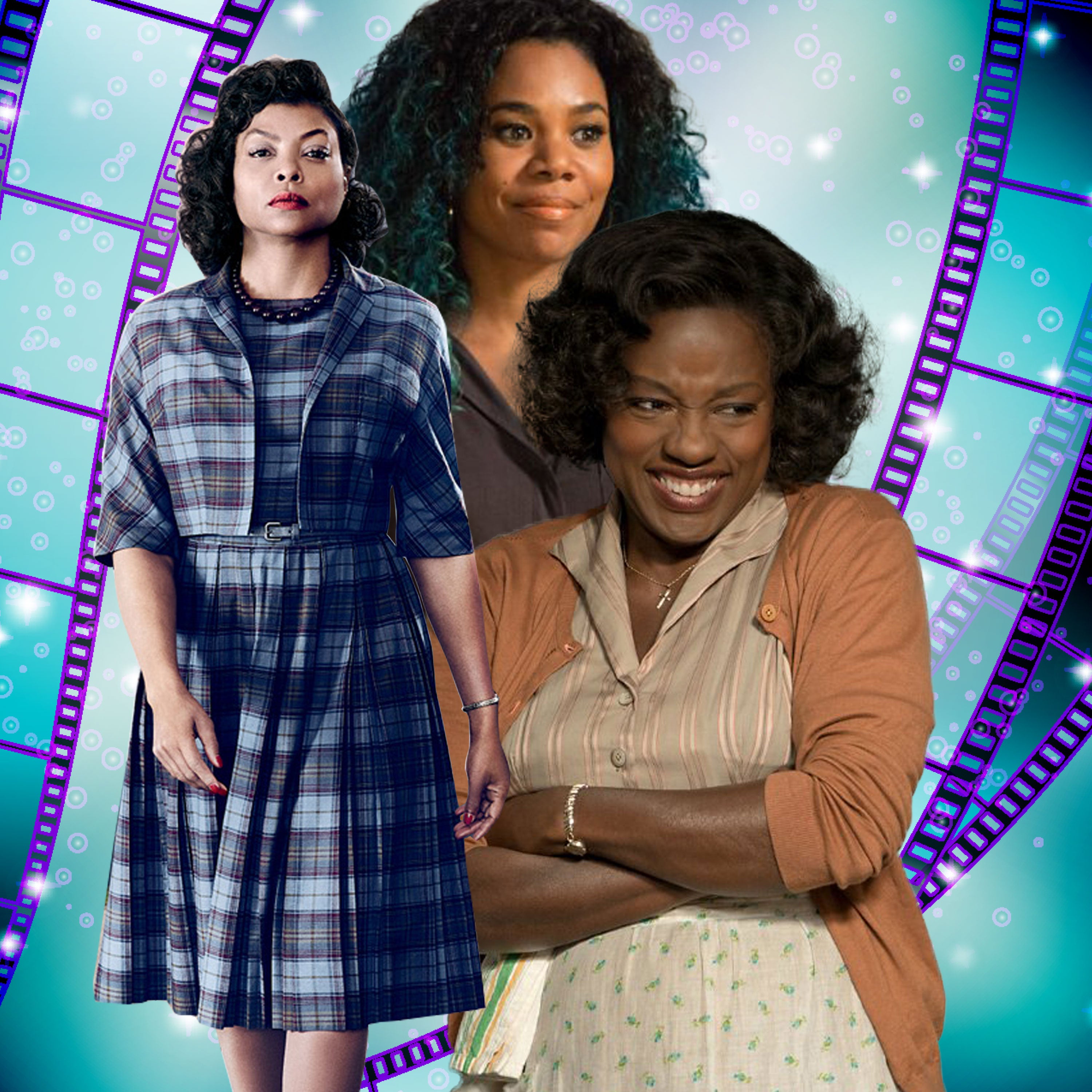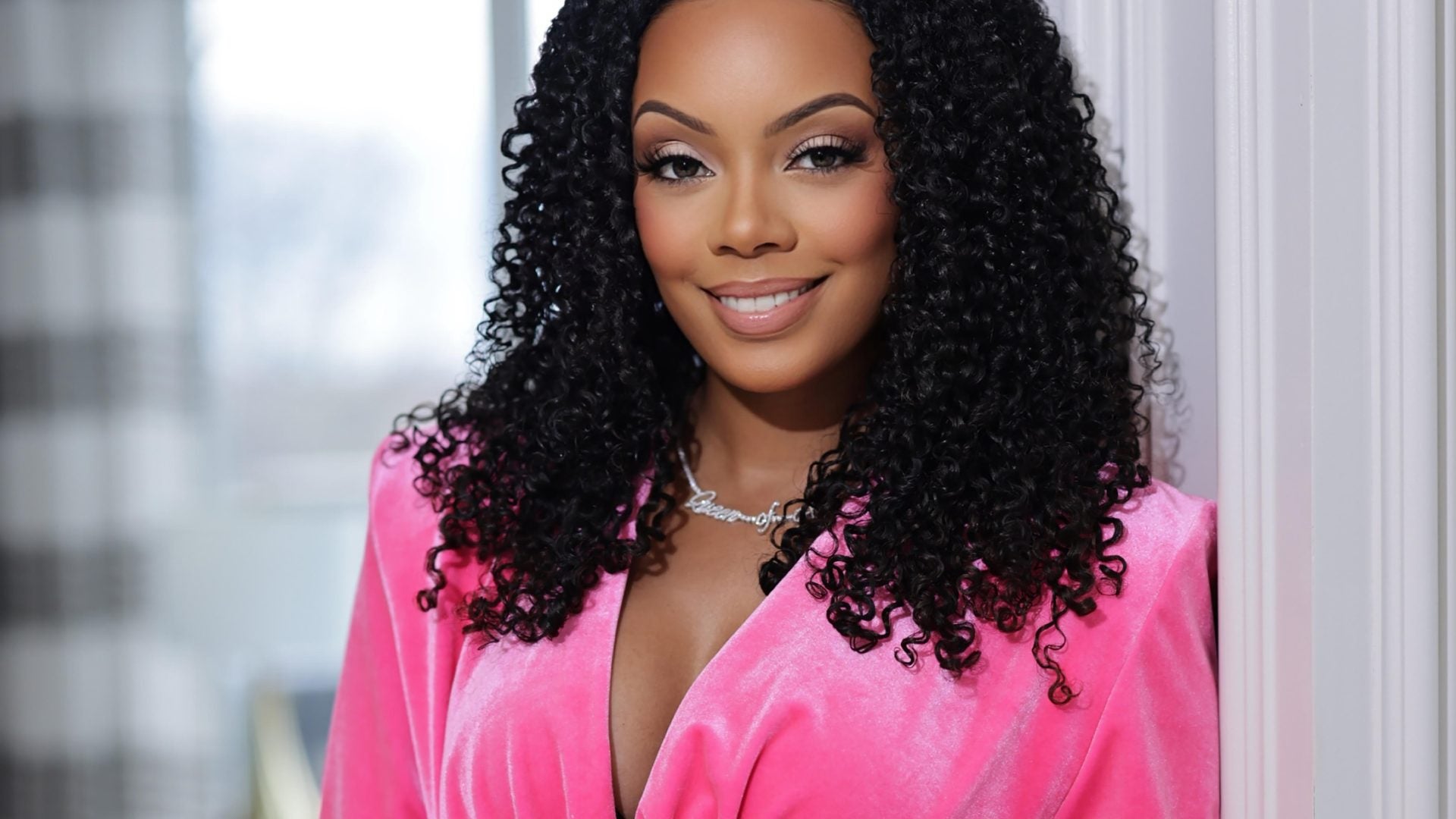
Way back in the spring, author and social media standout Luvvie Ajayi declared 2016 “the Blackest year ever.” And she was right.
But first, let me take you back, to circa 1984.
I grew up in the Chicago suburbs, very similar to the ones in John Hughes movies like Sixteen Candles, Pretty in Pink and Ferris Bueller’s Day Off. Those stories were familiar. I knew those characters well. But the characters in the movies I loved so much didn’t seem to know me. Where was I?
For many women of color, watching movies back then was like going to a great party and when someone posts the pictures to Facebook you search for one that has you in it; you know you were there, but you’re not in the pictures. Not one. It’s a very strange feeling and as I got older I had to do it over and over again, at the makeup counter, flipping through fashion magazines, and until the arrival of luxe lingerie maker Nubian Skin, looking for “nude” underwear was a real character builder.
For maybe the past decade the few roles that were offered to African-American women were held by the same handful of actresses. They’re phenomenal actresses, but this year brought some new guests to the party and their presence was as invaluable as it was inspiring.
Let me just get it out of the way and ask the question, who knew Janelle Monae was that good of an actress? The singer who shaped soul and pop music for years hit Hollywood like a storm with a role in Hidden Figures (along with perennial standard bearers Taraji P. Henson and Octavia Spencer) but she was exceptional in the exceptional Moonlight. She moved with such ease through the film, using her brief time on screen to give us breathtaking insight.
Subscribe to our daily newsletter for the latest in hair, beauty, style and celebrity news
Her Moonlight costar, Naomie Harris was so angering as the drug addicted head of her derelict household I had to work to find empathy for her character, which she eventually draws out of audiences by exposing raw nerve vulnerability. Harris can expect more attention from her turn in Collateral Beauty.
Regina Hall, one of the most underrated talents in the industry was an absolute standout in Barbershop: The Next Cut. With what could have been a perfectly pedestrian performance in the third chapter of the Chicago based story, she instead worked it with such nuance that I found myself wondering what her character would think about things going on in scenes she wasn’t even in.
Tika Sumpter took on the role of our First Lady Michelle Obama with meticulous attention to detail and great pride in South Side With You, the story of her first date with the young attorney and community organizer who would go on to be President, twice… giving single women around the world a reason to take a second look at the guy in their office that keeps asking them out.
A performance that didn’t get enough attention was Gugu Mbatha Raw, extraordinary as Rachel Knight in the historical Free State of Jones. She hits the big screen for the second time this year in Miss Sloan.
Although clouded with controversy the gut wrenching Birth of a Nation cannot be ignored. Gabrielle Union, Aja Naomi King and veterans Aunjanue Ellis and Esther Scott were unforgettable. Exacting haunting and necessary emotion from everyone in the theater.
And Viola Davis, my favorite Gif queen and star of two of the most anticipated movies of the year… from the well-tailored terror in Suicide Squad to the on screen role of a lifetime in Fences. She takes August Wilson’s words and delivers them resonance straight from the souls of every Black woman you’ve ever known.
The Queen of Katwe returned Lupita Nyong’o to audiences and introduced the phenomenal Madina Nalwanga and Taryn Kyaze, with a chapter of recent history I was embarrassed to admit I didn’t know. Katwe reminded everyone who saw it that dreams are reachable, that the small one can become the big one. It was more than a “Black movie,” a term I have a love / hate relationship with.
Not that being a “Black movie” isn’t enough, but Black women’s stories are as universal as they are personal. Telling and hearing those stories changes not only way we are seen, but the way we see ourselves.
Psychiatrist Dr. Carl Bell, a leader in the study of racism’s impact on mental health says Black women seeing themselves on screen is about more than the making the Oscars less white.
“…it is critical to Black women’s self-esteem because it validates their stories as being real. In a world where the standard of beauty and life is European-American… a story that matches you in every way is grounding.”
So what will 2017 bring? If Hollywood is smart, it will be a mirror that reflects the women looking into it, live and in color.
Tyra Martin is a member of the African-American Film Critics Association and a producer at WGN-TV Chicago.





